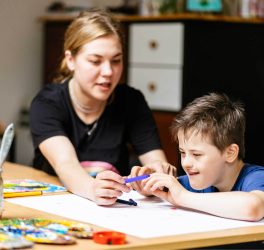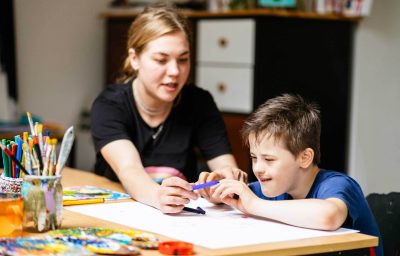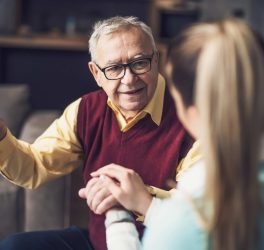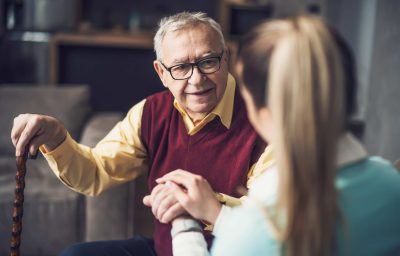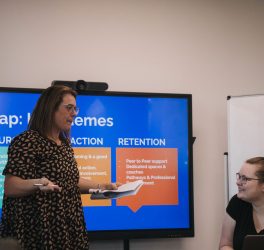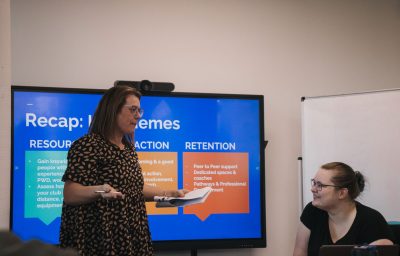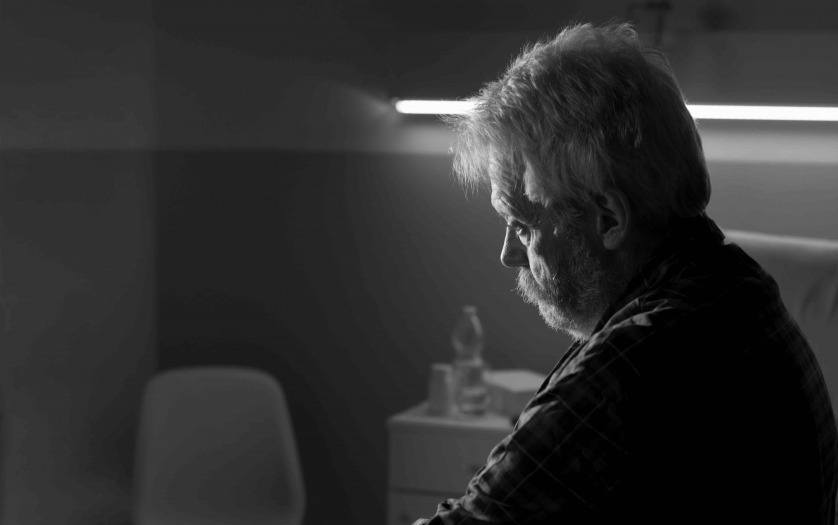
The need to address the loneliness and isolation experienced by people impacted by dementia has been brought in to sharp focus by the COVID-19 pandemic, according to a discussion paper released by Dementia Australia today.
Federal parliamentarians, government officials, key stakeholders and dementia advocates will today convene online with the Parliamentary Friends of Dementia to be presented with recommendations to specifically address the mental health impact of COVID-19 on people living with dementia, their families and carers.
Dementia Australia CEO Maree McCabe said the COVID-19 pandemic has affected people with dementia, their families and carers in a multitude of ways, with the routines of day-to-day life significantly disrupted.
“Physical distancing, restrictions and lockdown measures implemented in response to the COVID-19 pandemic have had adverse effects on the physical, cognitive, social and mental wellbeing of people living with dementia, as well as those providing care, particularly family carers,” Ms McCabe said.
“People impacted by dementia already experience lower levels of social engagement, inclusion and connectedness within their communities.
“This, coupled with the restrictions enforced through the COVID-19 pandemic, has meant that people living with dementia, their families and carers are even more vulnerable to adverse mental health outcomes.”
Dementia Australia Dementia Advocate Karen Glennen, who cares for her husband Kerin who is living with younger onset dementia, said living in Victoria in lockdown this year has had profound impacts on their lives.
“The pandemic response amplified the need for consistent care, routines and supports to maintain functioning and motivation,” Mrs Glennen said.
“All of the supports, structures, community groups and community facilities that supported Kerin to maintain his purpose, agency and autonomy disappeared.
“The very things that provided engagement, motivation, and hopefully slow the progression of the disease were gone.
“Surprisingly, I had to acknowledge that it had been a difficult time and, given the increase in demands over that period, I realised that I hadn’t dealt with the psychological and emotional toll on myself because I was more concerned with establishing normalcy and routines for Kerin.
“While we can talk about the stresses that COVID-19 has exposed, it has actually magnified and highlighted many inadequacies in systems that already existed.”
The discussion paper, One Day the Support was Gone…The mental health impact of COVID-19 on people living with dementia, their families and carers, developed in partnership by the University of Sydney and Dementia Australia, outlines practical solutions to meet the unique mental health needs of people living with dementia, their families and carers through the COVID-19 pandemic and beyond. Key recommendations include:
- The development of future programs and supports that acknowledge the unique needs of people living with dementia.
- Mitigating isolation and loneliness in people living with dementia and family carers receiving home and residential aged care through ongoing mental health and aged care support services.
- People living with dementia having access to their designated carers by ensuring essential visits are safely integrated back into residential aged care settings following any lockdown period.
“A nationally consistent response to COVID-19 and any future pandemics by the Australian Government, which includes a plan to support aged care providers to deliver quality care and minimise the mental health impact of pandemic responses, must be made a priority,” Ms McCabe said.
“It is imperative that aged care, health, allied health and disability systems communicate effectively and work collaboratively to support the mental health and wellbeing of people living with dementia, their families and carers.”

